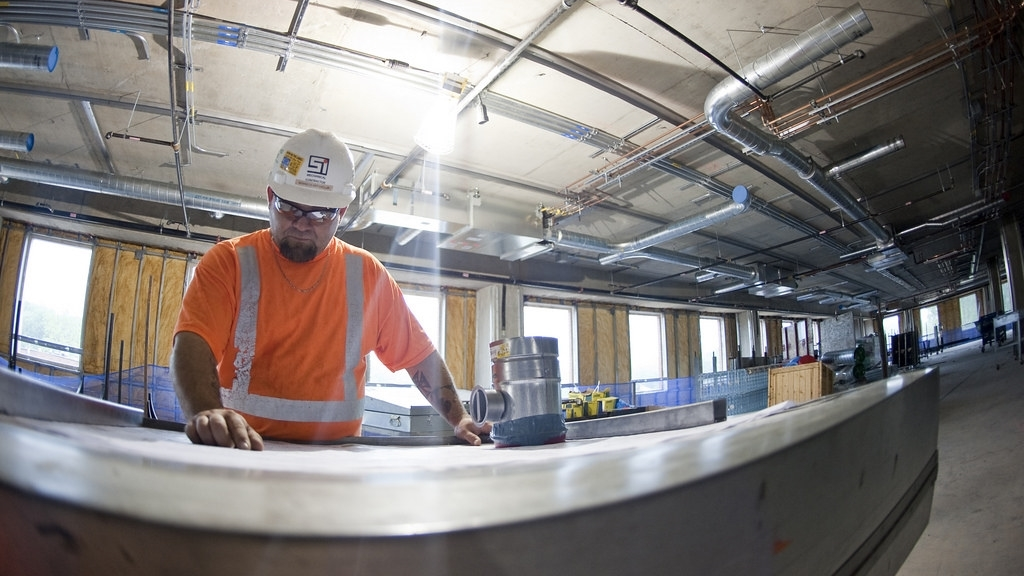Illinois’ Future of Work Task Force: The Big Questions We Must Address
The Future of Work Task Force is charged with creating strategies to ensure there are enough good jobs for Illinois residents to thrive in the future.

In late September, the Illinois Future of Work Task Force began its work with a kickoff meeting that identified some of the biggest questions facing the state and its workers. Created last Spring by the Illinois Future of Work Act, the task force will hold meetings over the next six months to examine both challenges and opportunities related to Illinois’ workforce. The process will culminate in a report that presents a roadmap for thriving and equitable work opportunities in Illinois. Some of the biggest questions and challenges related to work in Illinois were outlined by guest presenter Shelly Steward from the Aspen Institute.
Will there be enough (good) jobs in Illinois in the future?
The overarching question that the state seeks to answer with this task force is how to ensure there are not only enough jobs for the state’s workforce, but enough good jobs that pay a living wage. The unemployment rate is one of the first metrics typically discussed related to the employment climate, but it is inadequate and misleading. National data from the Economic Policy Institute make it clear that although worker productivity in Illinois has more than doubled over the last 40 years, wages have remained relatively flat. At the same time, workers have experienced reduced benefits, power, and workplace protections. Nearly one-third of all workers, nationally, take on some type of gig work, either full-time or to supplement full-time work. The career of a worker is one with much more uncertainty than someone in the workforce decades ago. In Illinois, we need a clearer sense of what jobs can provide a pathway to living and thriving.
How will technology change the nature of work in Illinois?
Technology is poised to play an outsized role in many aspects of work in the future. Automation is an obvious byproduct of new technology and innovation in many sectors, which means that employment will shift away from some industries to others. Anticipating and preparing for some of these shifts will be crucial to Illinois workers in the future. Technology is also changing the conditions and experiences of work, from increased surveillance and monitoring to algorithmic hiring and decision-making. The pandemic has also illustrated the potential for remote work to play a much larger role in the workforce in the future. Each of these examples points to potential opportunities and challenges. This task force will examine the intersection of technology and work, and the role that public policies can play in harnessing it to improve work and the lives of workers.
How does work intersect with some of the other big challenges Illinois faces in the future?
Work sits at the intersection of many other issues that impact the economic viability of Illinois and the quality of life of its residents. Therefore, it is important to better understand how future opportunities and challenges for work and workers are connected to public health, education, climate change, racial and economic justice, and the changing population of Illinois. The Covid-19 pandemic has made clear the importance of public health policies and their impact on the workforce. In the future, the importance of many other issues, such as climate change will also become clearer.
Providing some answers to these three large questions alone is a heavy lift, but if done well will position Illinois as a leader in centering its workforce in smart and equitable policies that ensure the well-being of all residents in the future.
